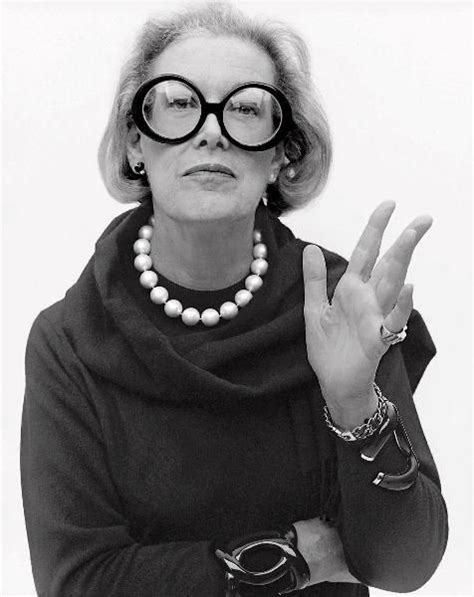A Quote by Jeremy Bentham
Judges of elegance and taste consider themselves as benefactors to the human race, whilst they are really only the interrupters of their pleasure ... There is no taste which deserves the epithet good, unless it be the taste for such employments which, to the pleasure actually produced by them, conjoin some contingent or future utility: there is no taste which deserves to be characterized as bad, unless it be a taste for some occupation which has mischievous tendency.
Related Quotes
The discovery of the good taste of bad taste can be very liberating. The man who insists on high and serious pleasures is depriving himself of pleasure; he continually restricts what he can enjoy; in the constant exercise of his good taste he will eventually price himself out of the market, so to speak. Here Camp taste supervenes upon good taste as a daring and witty hedonism. It makes the man of good taste cheerful, where before he ran the risk of being chronically frustrated. It is good for the digestion.
A good taste in art feels the presence or the absence of merit; a just taste discriminates the degree--the poco piu and the poco meno. A good taste rejects faults; a just taste selects excellences. A good taste is often unconscious; a just taste is always conscious. A good taste may be lowered or spoilt; a just taste can only go on refining more and more.





































